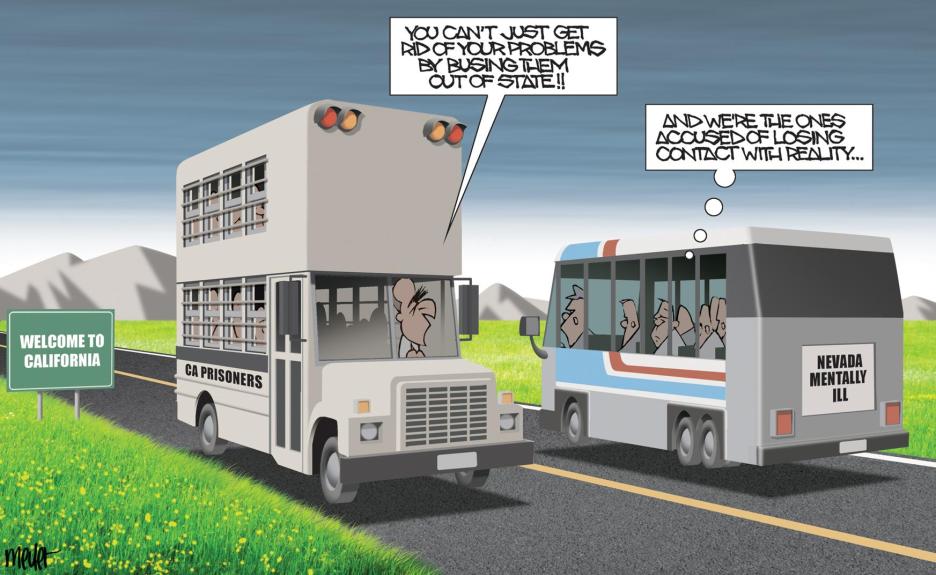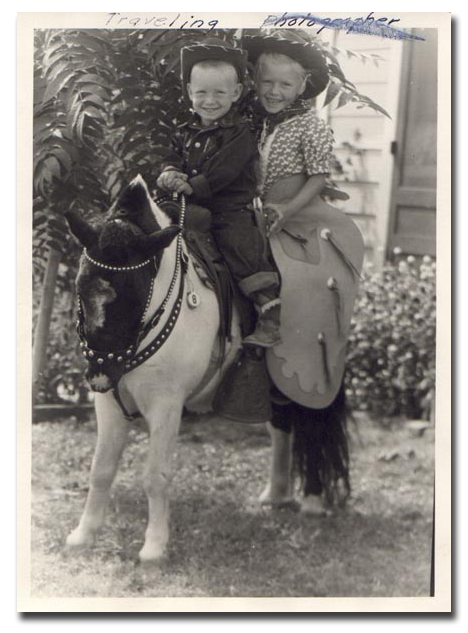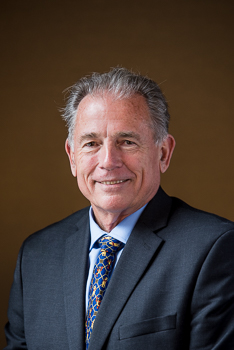(6-23-17) Virginia is scheduled to execute William Morva on July 6th, unless Governor Terry McAuliffe commutes his death sentence to life without the possibility of parole.
Morva has a debilitating mental illness called delusional disorder that makes him believe his delusions are real.
He should not be put to death.
In August 2005, Morva was arrested for attempting to rob a convenience store. The clerk testified that armed masked men approached the glass doors of the store but when the doors did not open automatically, the men ran away. Eventually, Morva was arrested and charged with a string of attempted thefts—each as ill-conceived and poorly executed as the next. The other young men with him were released on bail and received short sentences. But Morva’s mother recognized that her son was sick. She left him in a Virginia jail under the mistaken belief he would get treatment. He didn’t.
Even though his family contacted jail officials to express concern about his deteriorating mental health, he was not evaluated or treated by any psychologist or psychiatrist. His symptoms grew worse. He believed that he had been wrongly arrested. As he grew sicker and sicker, he became convinced he was being held in jail by some unknown figure who wanted to kill him.
A year after he was arrested, he told jail officials that he needed to be taken to a hospital because he was sick. Once there, he overpowered the guard watching him and took his service weapon. While fleeing the hospital grounds, he shot and killed Derrick McFarland, an unarmed hospital security guard. The next day he fatally shot Sheriff’s Deputy Eric Sutphin who’d spotted Morva walking on a local trail. He was captured that afternoon.
Morva murdered both men. I am sorry for the families of both and do not wish to diminish their losses. Death penalty cases always involve horrific crimes.
But as the father of a son with a mental illness, I have seen how delusions can alter an individual’s reality so that they do not understand their actions. This seems to be the case with William Morva who showed signs of mental distress long before he tried to escape from jail.
One of the issues that troubles me about cases such as this is the belief that someone who has a mental illness is incapable of rational thought and actions. Ergo, if Morva could plan and carry out his escape, he knew what he was doing and, therefore, deserves to die.
This idea is nonsense. I can remember having rational conversations with my son at the breakfast table about the daily headlines while, at the same time, he was convinced that God had chosen him for a special, secret mission and he needed to rescue a former high school girlfriend who he’d gotten pregnant. None of it was true.

 Midway across Ohio, the man beside me on the DC-10 asked where I was going.
Midway across Ohio, the man beside me on the DC-10 asked where I was going.




